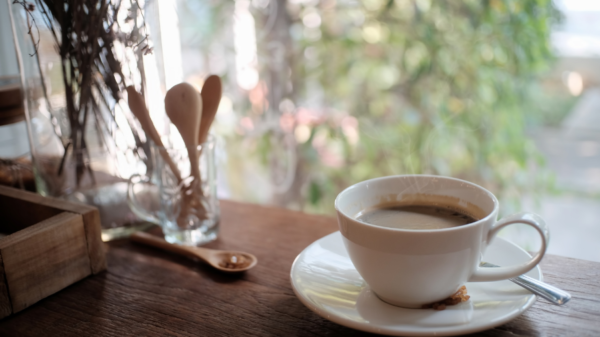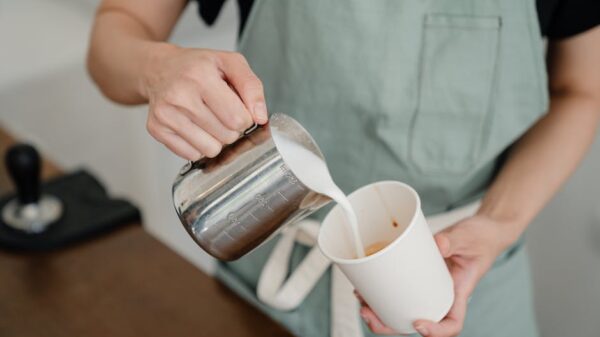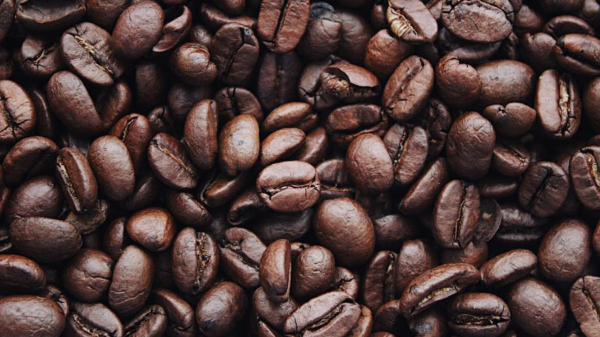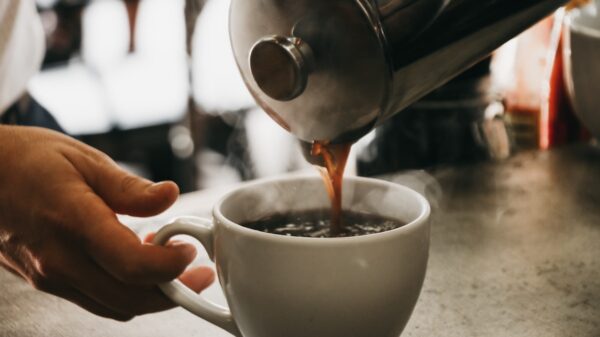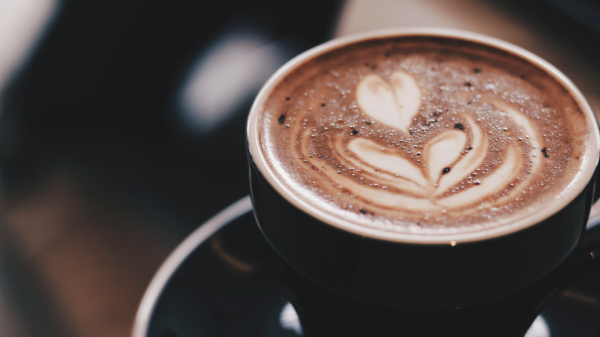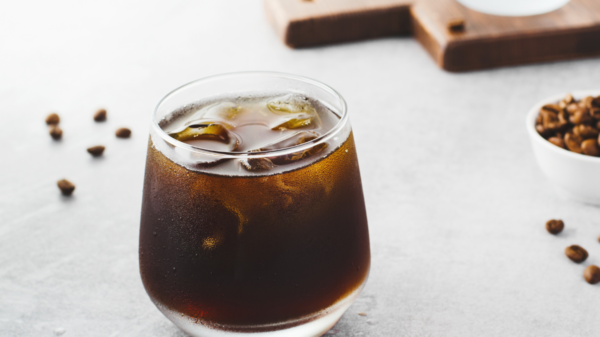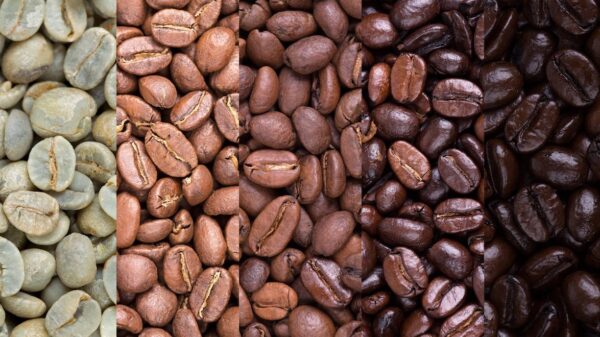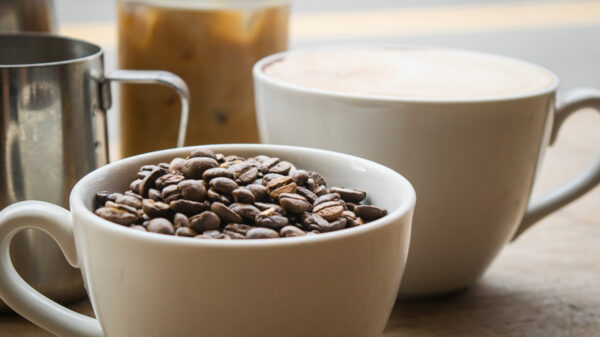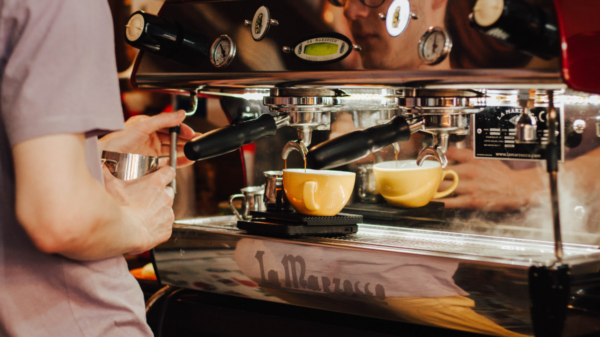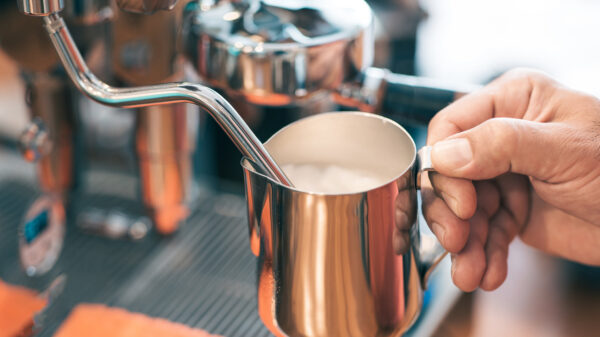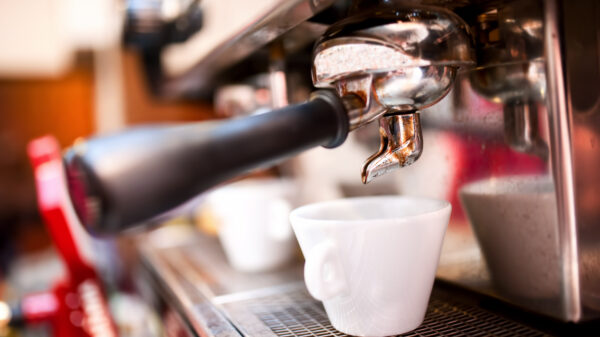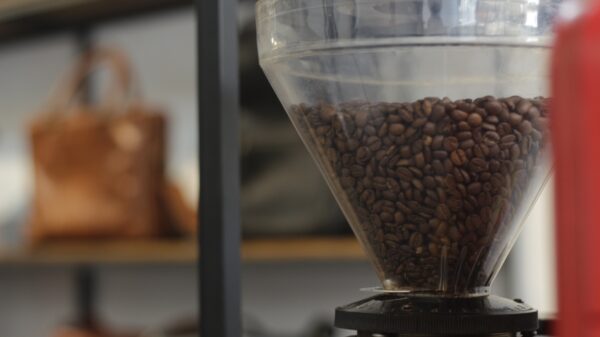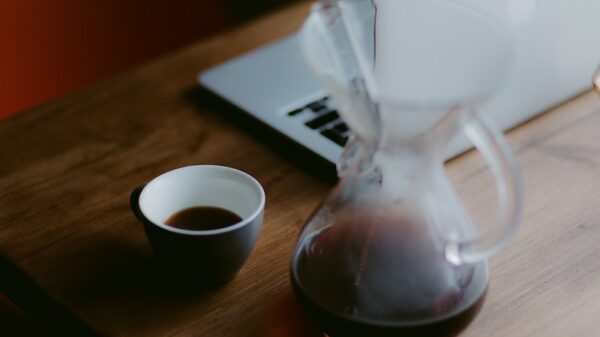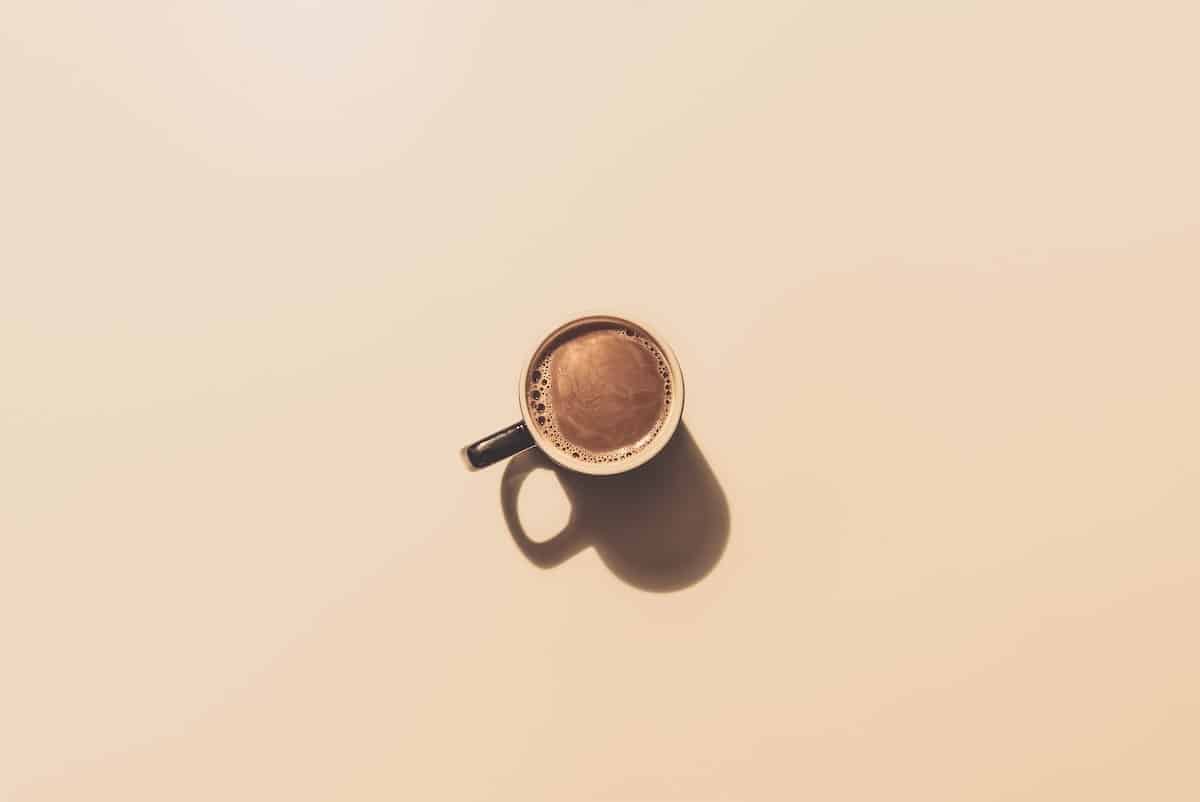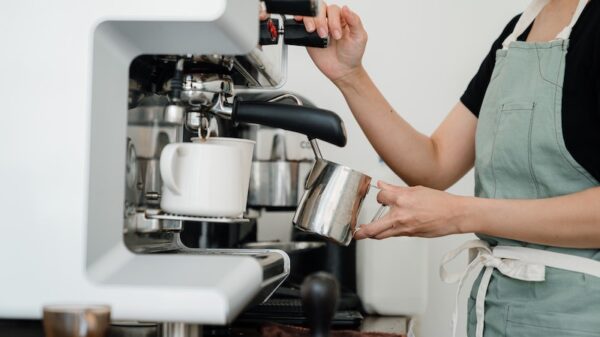Why Coffee Makes You Use the Restroom
We all love food. Even the thought of our favorite meal can make our mouths water. But did you know that there are some foods out there that have some pretty interesting effects on our bodies?
For example, did you know that eating a banana can help fight depression? That’s because bananas contain tryptophan, which is an amino acid that helps the body produce serotonin. Serotonin is a neurotransmitter that plays a role in mood regulation.
Or how about this one: did you know that drinking green tea can help improve your memory? That’s because green tea contains catechins, which are antioxidants that have been shown to help improve cognitive function.
However, there are some pretty negative aspects, too. There are a lot of different food allergies and sensitivities out there. Some people are allergic to peanuts, others to dairy, and still others to gluten. And then some have sensitivities to certain foods that don’t necessarily cause an allergic reaction but can still cause some pretty unpleasant side effects.
So, why does coffee make you go to the restroom? There’s just something about coffee as a whole that quickly stimulates receptors in your gastrointestinal system that causes your stomach and colon to contract.
Those contractions happen in your body normally after you eat – it’s called peristalsis, and it’s a process of wave-like muscle contractions that move food to different processing stations in the digestive tract. With coffee, these contractions just seem to happen much, much faster. So if you have a cup of coffee on an empty stomach, you’re going to see those effects almost immediately.
Not only does coffee speed up the digestion process by contracting your stomach and colon muscles, but it also seems to increase the production of gastric acid. That’s the stuff that helps break down food in your stomach so that your body can absorb all the nutrients it needs. More gastric acid means that food moves through your system even faster.
Downsides to Coffee Making You Use the Restroom
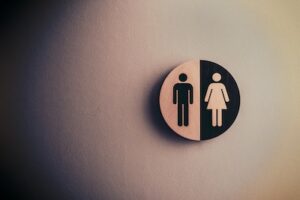 Of course, there are a few potential downsides to this whole coffee-as-a-digestive-aid thing.
Of course, there are a few potential downsides to this whole coffee-as-a-digestive-aid thing.
First off, if you’re not used to drinking coffee regularly, chugging a cup on an empty stomach first thing in the morning can make you feel pretty nauseous.
And if you drink too much coffee or drink it too quickly, you might end up with some uncomfortable side effects like heartburn or abdominal pain.
So it’s important to proceed with caution if you’re going to start using coffee as a way to speed up your digestion. But assuming you can stomach it (pun intended), coffee could be a helpful way to get things moving along if you’re feeling a little backed up.
Does Coffee Affect Certain People Differently?
Different people can have different reactions to coffee, depending on various factors. Some people may find that coffee makes them more alert and energetic, while others may feel jittery or anxious.
There are a few possible explanations for why this might be the case. One is that people metabolize caffeine at different rates. Another possibility is that some people are more sensitive to the effects of caffeine than others.
How Much Coffee is Too Much Coffee?
We all know that coffee is packed with caffeine, which can be a major energy booster. But how much is too much? When it comes to coffee, more isn’t always better.
Too much caffeine can lead to side effects like jitters, anxiety, and heart palpitations. It can also cause insomnia and disrupt your sleep cycle. And if you’re drinking coffee on an empty stomach, it can exacerbate digestive issues like heartburn and indigestion.
So how much coffee is too much? The answer may vary from person to person, but most experts recommend limiting yourself to two or three cups per day. If you’re sensitive to caffeine, you may want to stick to just one cup.
And remember, it’s not just the coffee itself that can be problematic. If you’re adding sugar and cream to your coffee, you’re also upping the calorie and fat content. So if you’re trying to watch your weight, it’s best to stick with black coffee or coffee with a splash of milk.
What Do Coffee and Caffeine Do to Your Body?
 Coffee and caffeine are two of the most popular substances in the world. Millions of people drink coffee every day, and many more rely on caffeine to get through the day.
Coffee and caffeine are two of the most popular substances in the world. Millions of people drink coffee every day, and many more rely on caffeine to get through the day.
But what exactly do these substances do to your body?
On the plus side, coffee can help to improve mental alertness and concentration. It’s also a good source of antioxidants, which can help to protect your body against disease.
Coffee can also be a social drink, enjoyed with friends or colleagues.
However, there are also some potential downsides to coffee. For example, it can lead to dehydration and an increase in urination. It can also cause jitters and anxiety in some people. Too much coffee can also interfere with sleep patterns.
Different Side Effects from Different Coffee Drinks
The simple answer is yes, different types of coffee drinks can have different effects on your body. This is because the various components in each type of drink can interact with your body in different ways.
For example, espresso contains more caffeine than regular drip coffee. This means that it can give you a bigger energy boost, but it can also cause more side effects like jitters and anxiety.
On the other hand, lattes and cappuccinos contain less caffeine than espresso, but they also have other ingredients like milk and sugar. These can make these drinks more likely to cause stomach upset and other digestive problems.
So, if you’re looking for a coffee drink that will give you the biggest energy boost, espresso is probably your best bet. But if you’re more interested in avoiding side effects, then a latte or cappuccino might be a better choice.
Is Caffeine a Laxative?
 Caffeine is a stimulant that can have a laxative effect on the body. This is because it can stimulate the bowels and cause them to contract.
Caffeine is a stimulant that can have a laxative effect on the body. This is because it can stimulate the bowels and cause them to contract.
This can lead to diarrhea in some people. However, not everyone responds to caffeine in this way.
Some people find that it has the opposite effect and constipates them. Caffeine can also be a diuretic, which means it causes you to urinate more frequently.
This can lead to dehydration if you don’t drink enough fluids when you consume caffeine.
It’s important to experiment with different brands and types of coffee to see how your body reacts. Some people are more sensitive to the effects of caffeine than others.
Should You Use Coffee As a Laxative?
If you’re struggling with constipation, you may be wondering if coffee can help. After all, coffee is a diuretic, which means it helps promote urination. And increased urination can lead to softer stools and easier bowel movements.
However, it’s important to note that while coffee may have a laxative effect on some people, it’s not necessarily an effective treatment for constipation. Coffee may make constipation worse in some people.
How to Prevent Going to the Bathroom After Coffee
- Try not to drink coffee on an empty stomach. While coffee can help you wake up and feel more alert in the morning, and the caffeine in coffee can help boost your metabolism and improve your circulation, there are a few potential risks associated with drinking coffee on an empty stomach. For one, coffee can cause heartburn and indigestion in some people. It can also aggravate ulcers and other digestive issues. Additionally, caffeine is a stimulant and can cause jitters, anxiety, and insomnia in some people if consumed on an empty stomach. Plus, yes–it can make you go to the bathroom a lot.
- Make sure you’re drinking quality coffee. Cheap, poorly-made coffee is more likely to cause digestive problems. There are a few things to look for when trying to determine the quality of coffee. First, check the beans. They should be uniform in size and shape, with no discoloration. Second, smell the coffee – it should have a pleasant aroma. Finally, taste the coffee – it should be smooth and free of any bitterness.
- Try brewing your coffee with less water. This will make it more concentrated and less likely to trigger diarrhea.
- Finally, add some fat to your coffee. This could be in the form of cream, milk, or even a spoonful of butter. The fat will help slow down digestion and reduce the chances of having an accident.
Final Thoughts
The biggest key for coffee drinkers is making sure that you know what your body can handle. You want to enjoy coffee and not miss too much of life in the bathroom.

